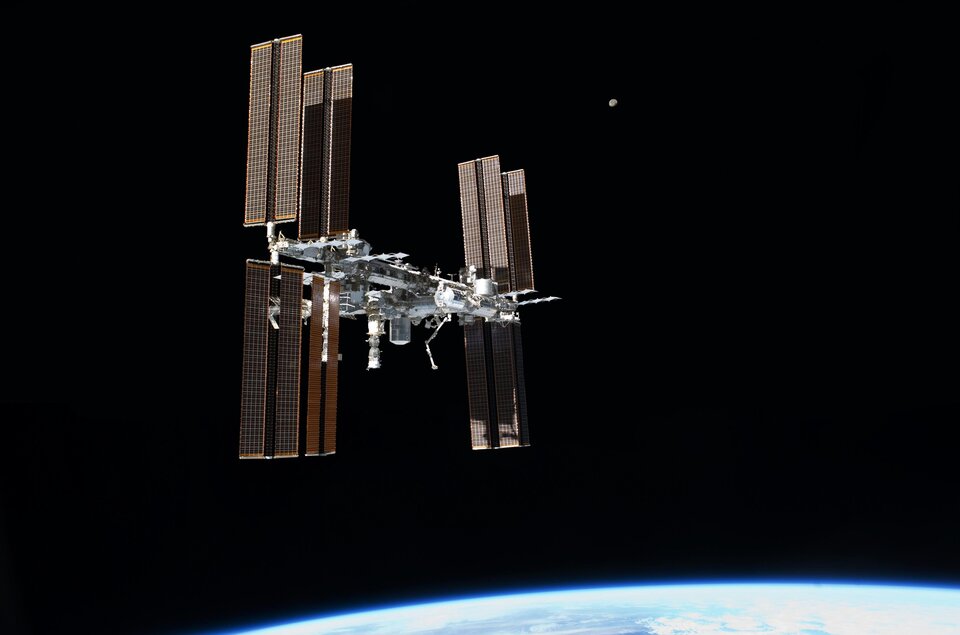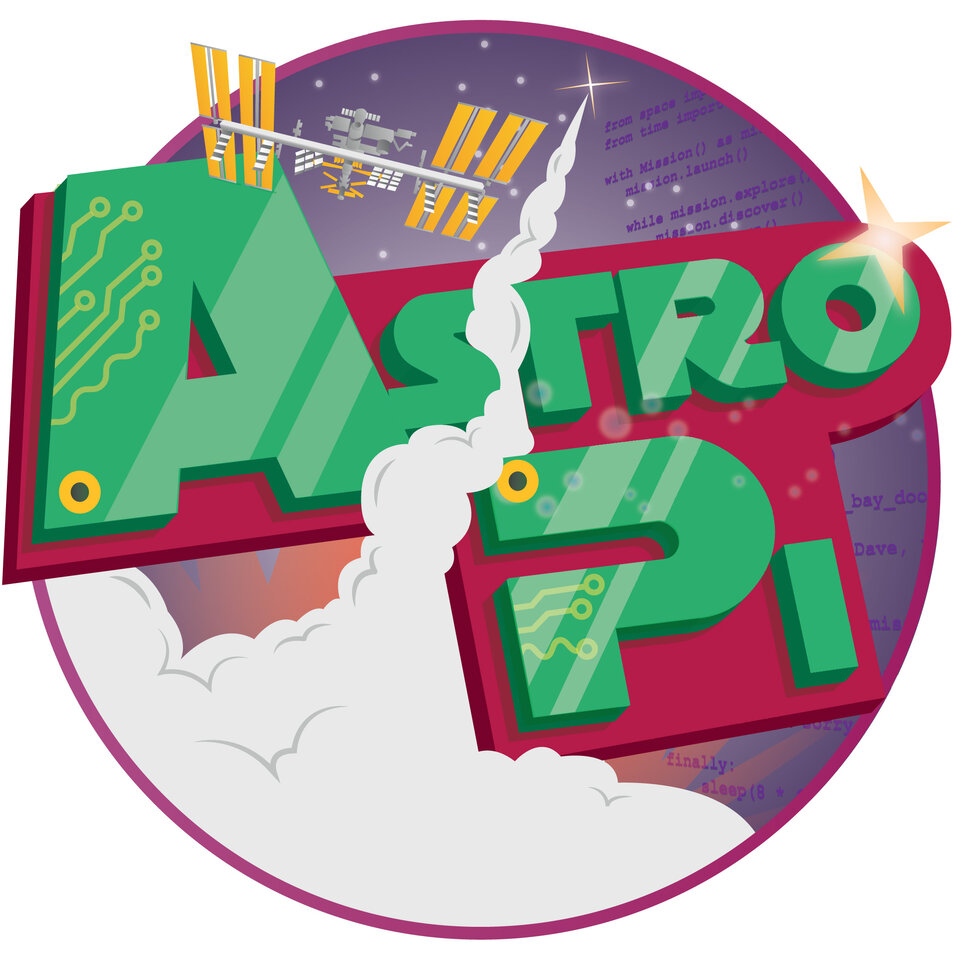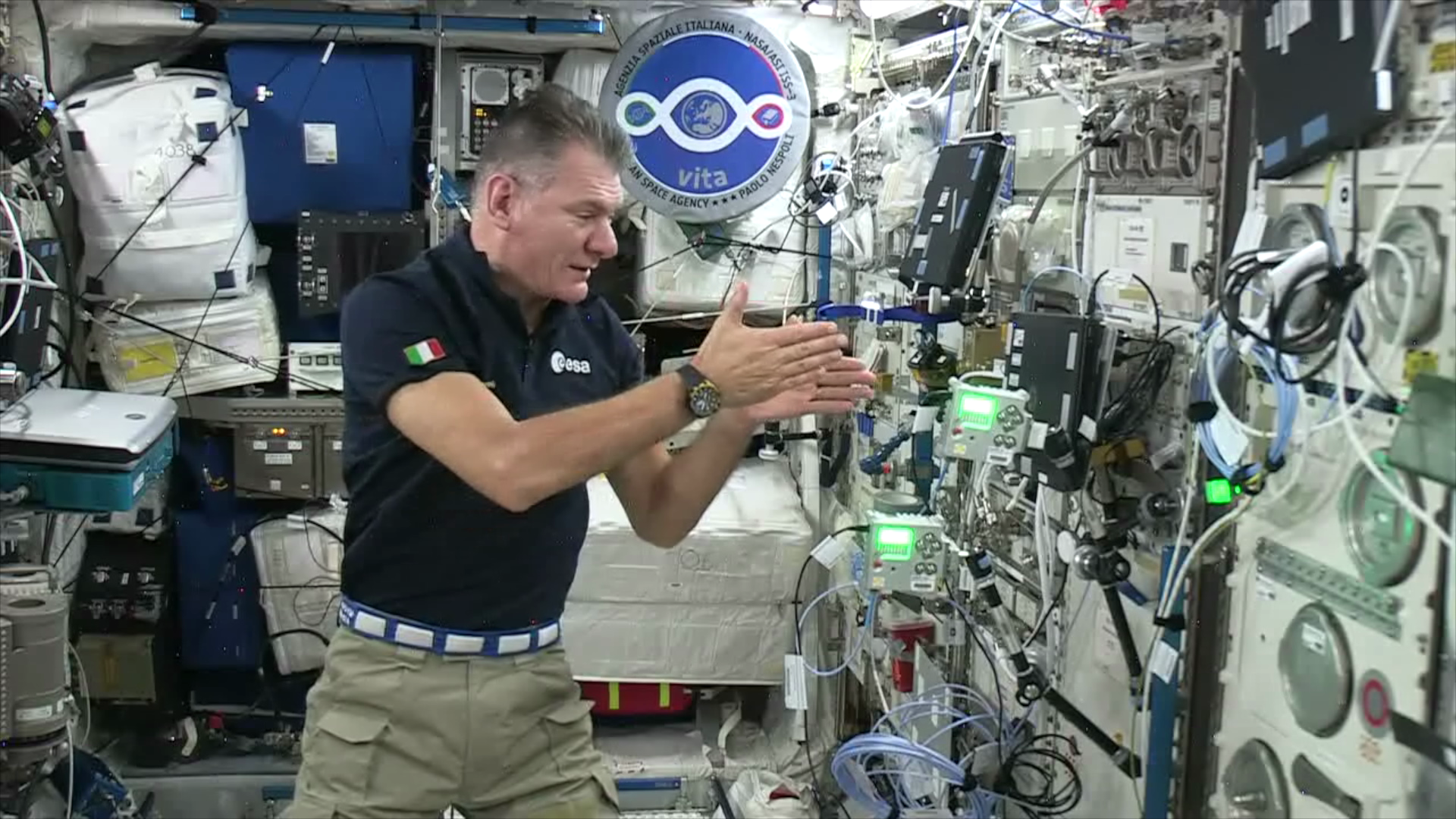The 2017-2018 European Astro Pi Challenge begins!
The call for the 2017-2018 European Astro Pi Challenge is open! For the second consecutive year, ESA is inviting teams of school students up to 19 years old to join the challenge and run their computer codes on the International Space Station (ISS).

ESA astronauts Paolo Nespoli and Alexander Gerst are the proud ambassadors of the 2017-2018 European Astro Pi Challenge. Paolo Nespoli is already onboard the ISS for his third mission in space, and has prepared a special video message inviting you to accept the European Astro Pi Challenge.
Watch Paolo’s video and meet Ed and Izzy, the two Astro Pi computers on the ISS that will run your codes and execute your science investigations in space!
Choose your Astro Pi mission

This year’s challenge features two different levels of complexity you can choose from: mission Zero and mission Space Lab.
In mission Zero, open to school students up to 14 years old, students will contribute to the daily routine of the ISS by using the Astro Pi LED Matrix to display a greeting message to the crew and measure the ambient air temperature. Teams will only need to use the Astro Pi Sense HAT web emulator for mission Zero (that is an online version of the Astro Pi key functions) to participate in this mission and have their codes run on the ISS.
Learn about mission Zero and how to participate here. The deadline for teams to submit their code is 26 November 2017.
In mission Space Lab, open to school students up to 19 years old, the complexity bar is raised a bit. Teams have to design a scientific experiment which requires the exclusive use of one of the two Astro Pi computers on the ISS (Ed or Izzy) and their sensors.
The teams’ experiments have to be related to one of the following two themes:
Theme A – Life in space
Teams that choose to investigate ‘Life in space’ will have to make use of the Astro Pi Ed, which is located in the Columbus module and features a visible camera, to run their investigation.
Theme B – Life on Earth
Teams that choose to investigate ‘Life on Earth’ will have to make use of the Astro Pi Izzy, also featuring an infrared camera and located at one of the ISS windows, looking down to Earth.
Mission Space Lab consists of four phases. Learn about mission Space Lab, its phases, and how to participate here. The deadline to submit entries for Phase 1 (‘Design your idea for an Experiment’) is 29 October 2017.
Supporting resources
Teachers can find supporting material for teams participating in the European Astro Pi Challenge by clicking here. ESA’s Education Office, in collaboration with the ESA ESERO national offices and the Raspberry Pi Foundation, is also preparing new resources, webinars, and videos in support of this year’s challenge. Stay tuned!
ESA and its partners are eagerly looking forward to receiving your entries.
Good work to all!
Questions?
Any questions regarding the European Astro Pi Challenge should be sent to astropi @ esa.int





